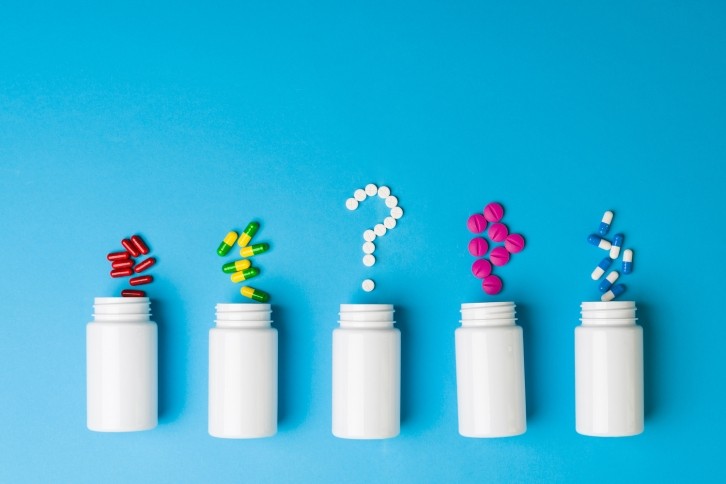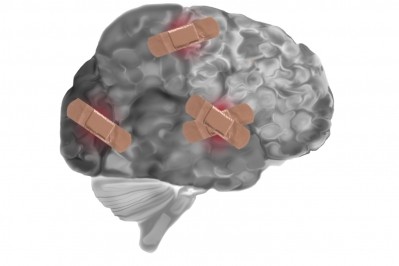Anxiety treated with single dose of psychedelic drug in phase 2b trial

Four weeks after receiving a 100 µg dose of the drug candidate, patients saw a significant reduction in anxiety symptoms compared to a placebo, shown by a 7.6 point drop in the Hamilton Anxiety rating scale (HAM-A). According to the scale, a score lower than 17 signals mild anxiety and 25-30 indicates moderate to severe anxiety.
GAD is a common condition that causes feelings of persistent anxiety, fear and excessive worry, and can negatively impact daily life.
“The pharmaceutical industry has largely ignored GAD over recent decades as it has proved extremely difficult to target,” said Daniel Karlin, Chief Medical Officer of MindMed in a public statement. “Few new treatment options have shown robust activity in GAD since the last new drug approval in 2004, making the strong, rapid, and durable clinical activity of a single dose of MM-120 observed in the trial particularly notable.”
MindMed’s trial enrolled 198 participants who received either MM-120 at 25, 50, 100 or 200 µg or a placebo. The participants had severe GAD at baseline, with an average HAM-A score of approximately 30.
A total of 78% of patients receiving either 100 µg or 200 µg of the drug candidate saw a clinical response, a drop of 50% or more in their HAM-A score, compared to 31% in the placebo group. Meanwhile, half of the patients given 100 µg of MM-120 saw a clinical remission, represented by a HAM-A score of less than 7.
The company saw the drug was overall well-tolerated and that the mostly mild-to-moderate adverse events, such as illusion, hallucinations, euphoric mood, happened on the day of dosing.
MindMed now plans to discuss its results with the US Food and Drug Administration (FDA) in early 2024 and to launch a larger phase 3 trial in the second half of the same year.
“We are excited by the strong positive results for MM-120 in GAD, particularly given that this is the first study to assess the standalone drug effects of MM-120 in the absence of any psychotherapeutic intervention,” said Robert Barrow, Chief Executive Officer and Director of MindMed.
“These promising findings represent a major step forward in our goal to bring a paradigm-shifting treatment to the millions of patients who are profoundly impacted by GAD.”
MM-120 is a small molecule drug with the name of lysergide d-tartrate, and is designed to partially activate the human serotonin-2A receptor.
While there is a wide range of therapies to treat psychiatric disorders, many can take weeks to show a benefit and can come with side effects such as insomnia, nausea and headaches, according to MindMed’s website.
Psychedelic drugs, meanwhile, are attracting increasing attention for their potential to rewire the brain in order to treat psychiatric disorders including depression and post-traumatic stress disorder. They can show benefits beginning as fast as the day of the treatment and can maintain the improvement for a long time with fewer major side effects.
MindMed is also developing MM-120 for the treatment of attention hyperactivity deficit disorder. The company is also working on a form of MDMA for the treatment of autism spectrum disorder and another treatment candidate for opioid use disorder.
There are many other players championing psychedelics for the improvement of mental health. In October, Transcend Therapeutics partnered with Clerkenwell Health to trial the use of methylone in patients with severe PTSD. Meanwhile, Psycheceutical is developing its own psychedelic to treat the same condition, this time based on a form of ketamine.

















